43 identify categories of information found on food labels
Food Labeling & Nutrition | FDA Food labeling is required for most prepared foods, such as breads, cereals, canned and frozen foods, snacks, desserts, drinks, etc. Nutrition labeling for raw produce (fruits and vegetables) and ... Food Labels | CDC - Centers for Disease Control and Prevention If you eat the whole thing, you are eating 8 times the amount of calories, carbs, fat, etc., shown on the label. Total Carbohydrate shows you types of carbs in the food, including sugar and fiber. Choose foods with more fiber, vitamins, and minerals. Choose foods with lower calories, saturated fat, sodium, and added sugars.
SFA | Understanding Food & Nutrition Labels To help identify a food, food labels must show: Name of the food; Name and address of local business entity; A common name or description of the food must be stated on the label to inform the purchaser of the true nature of the products.

Identify categories of information found on food labels
Food Labels: Carbohydrates | Home & Garden Information Center Two important parts of a food label are the "Nutrition Facts" panel, which contains nutrition information, and the ingredients list. "Nutrition Facts" Panel: Since 1994 food manufacturers have been required to provide information on certain nutrients of greatest public concern. As a result, total carbohydrate, dietary fiber, and sugars are required under the "Nutrition Facts" panel of food labels. All about Food Labels - HealthCheckSystems Less than 10 grams of fat, 4.5 g of saturated fat, and 95 mg of cholesterol per (100 gram) serving of meat, poultry or seafood. Light (fat) 50% or less of the fat than in the comparison food (ex: 50% less fat than our regular cheese) Light (calories) 1/3 fewer calories than the comparison food. High-Fiber. Key Elements of a Food Label To Know | Food Labeling Info Although the FDA doesn't test the nutrition of every food product, you must report accurate information on your label. Below is a list of information that should be on your product's Principal Display Panel (the area most likely to be seen by consumers) in order to comply with labeling regulations: Food ingredients; Minerals; Caloric value
Identify categories of information found on food labels. How To Read Food and Beverage Labels - National Institute on Aging There are three types of product dates commonly printed on packaged foods and beverages: "Sell by" tells how long the manufacturer suggests that a store should sell items such as meat, poultry, eggs, or milk products. Make sure you buy by this date. "Use by" tells how long items will be at peak quality. Understanding Food Labels | The Nutrition Source | Harvard T.H. Chan ... Under the Food Allergen Labeling and Consumer Protection Act of 2004, eight major food allergens—milk, fish, tree nuts, peanuts, shellfish, wheat, eggs, and soybeans—are required to be listed in a "contains" statement near the Ingredients list if present in a food. An example would be "contains wheat, milk, and soy." Common Information on Food Labels - University of Kentucky The Nutrition Facts label can be found on the side or on the back of the food package. Ingredients List. The ingredients list tells you each ingredient in the food product. The ingredients are listed in descending order by weight, meaning the ingredient with the largest weight is listed first, and the ingredient with the smallest weight is listed last. Typically, the ingredients list can be found under or next to the Nutrition Facts Label. Reading the ingredients list can help you quickly ... Understanding Food Nutrition Labels | American Heart Association When the Nutrition Facts label says a food contains "0 g" of trans fat, but includes "partially hydrogenated oil" in the ingredient list, it means the food contains some trans fat, but less than 0.5 grams per serving. So, if you eat more than one serving, you could end up eating too much trans fat.
About food labels - Canada.ca By law, most packaged food must be labelled with: a nutrition facts table, which gives you information on: serving size; calories; nutrients; percent daily values (% DV) an ingredient list, which lists all the ingredients in a food by weight this begins with the ingredient that weighs the most and ends with the ingredient that weighs the least The Truth About Food Labels - Macros Inc For a food product to be labeled as "healthy", it must meet a set of criteria depending on which nutrients the manufacturer is referencing. Total fat, saturated fat, sodium, cholesterol, beneficial nutrients, and fortification each have their own set of criteria. Food Labels Flashcards | Quizlet - unsaturated (such as poly- (salmon and nuts)and mono- (avocados and nuts) unsaturated fat) - saturated fat - trans fat Note: saturated and trans fats increase risk of heart disease and increase bad cholesterol (LDL- cholesterol) levels (so eat more unsaturated fat) (trans fat also lowers good cholesterol (HDL- cholesterol)) Food labelling - Food and nutrition | NHS inform The Reference Intake (RI) is a guide to the approximate daily amount of nutrients (fats, saturated fats, salt and sugar) and energy you need for a healthy diet. This is shown as a percentage (%) on the food label. RI values are based on an average-sized woman doing an average amount of physical activity.
PDF Food Labeling Guide - Food and Drug Administration These label statements include the name and address of the manufacturer, packer or distributor, the ingredient list, nutrition labeling and any required allergy labeling. 21CFR 101.2(b) and (d ... Chapter 5: Food Labels Flashcards | Quizlet What are the eight common allergens that have to be listed on food labels? 1) milk 2) eggs 3) fish 4) shellfish 5) tree nuts (cashews, walnuts, almonds, etc.) 6) peanuts 7) wheat 8) soybeans What are the three main reasons that food labels are so important? 1) They tell you what's inside the package What is required on a food label? - USDA A meat and poultry label is required to contain 8 features. These are: the product name, inspection legend and est. number, handling statement, net weight statement, ingredients statement, address line, nutrition facts, and safe handling instructions. These requirements are found in the Code of Federal Regulations (9CFR 317.2/381 Subpart N). Nutrition information on food labels: Is it read and understood? Salt and saturated fat was only looked for by consumers in the UK. Food additives were also frequently mentioned in Hungary, France and Poland, as well as fibre in Sweden, protein in Hungary and vitamins in Poland. The most often cited sources of nutrition information were the Nutrition Table, the GDA information and the ingredients list. Among the six product categories considered in the study, people spent most time handling ready meals.
Food labels & nutritional information | Raising Children Network Food labels: tell you what ingredients and/or additives are in the food give you nutritional information about the food and food storage instructions tell you who manufactured the food. Nutritional information panels (NIPs) are a part of the food label. These tell you what nutrients the food contains and how much of each nutrient there is.
How to Understand and Use the Nutrition Facts Label | FDA Dietary fiber, vitamin D, calcium, iron ad potassium are nutrients on the label that Americans generally do not get the recommended amount of. They are identified as nutrients to get more of....
Key Elements of a Food Label To Know | Food Labeling Info Although the FDA doesn't test the nutrition of every food product, you must report accurate information on your label. Below is a list of information that should be on your product's Principal Display Panel (the area most likely to be seen by consumers) in order to comply with labeling regulations: Food ingredients; Minerals; Caloric value
All about Food Labels - HealthCheckSystems Less than 10 grams of fat, 4.5 g of saturated fat, and 95 mg of cholesterol per (100 gram) serving of meat, poultry or seafood. Light (fat) 50% or less of the fat than in the comparison food (ex: 50% less fat than our regular cheese) Light (calories) 1/3 fewer calories than the comparison food. High-Fiber.
Food Labels: Carbohydrates | Home & Garden Information Center Two important parts of a food label are the "Nutrition Facts" panel, which contains nutrition information, and the ingredients list. "Nutrition Facts" Panel: Since 1994 food manufacturers have been required to provide information on certain nutrients of greatest public concern. As a result, total carbohydrate, dietary fiber, and sugars are required under the "Nutrition Facts" panel of food labels.


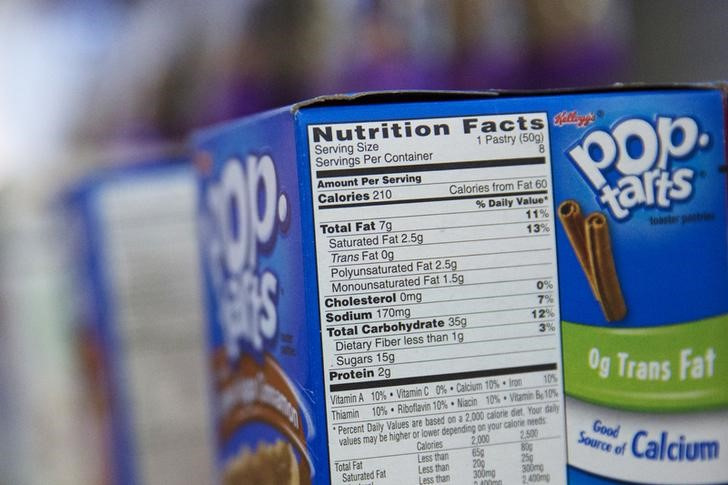


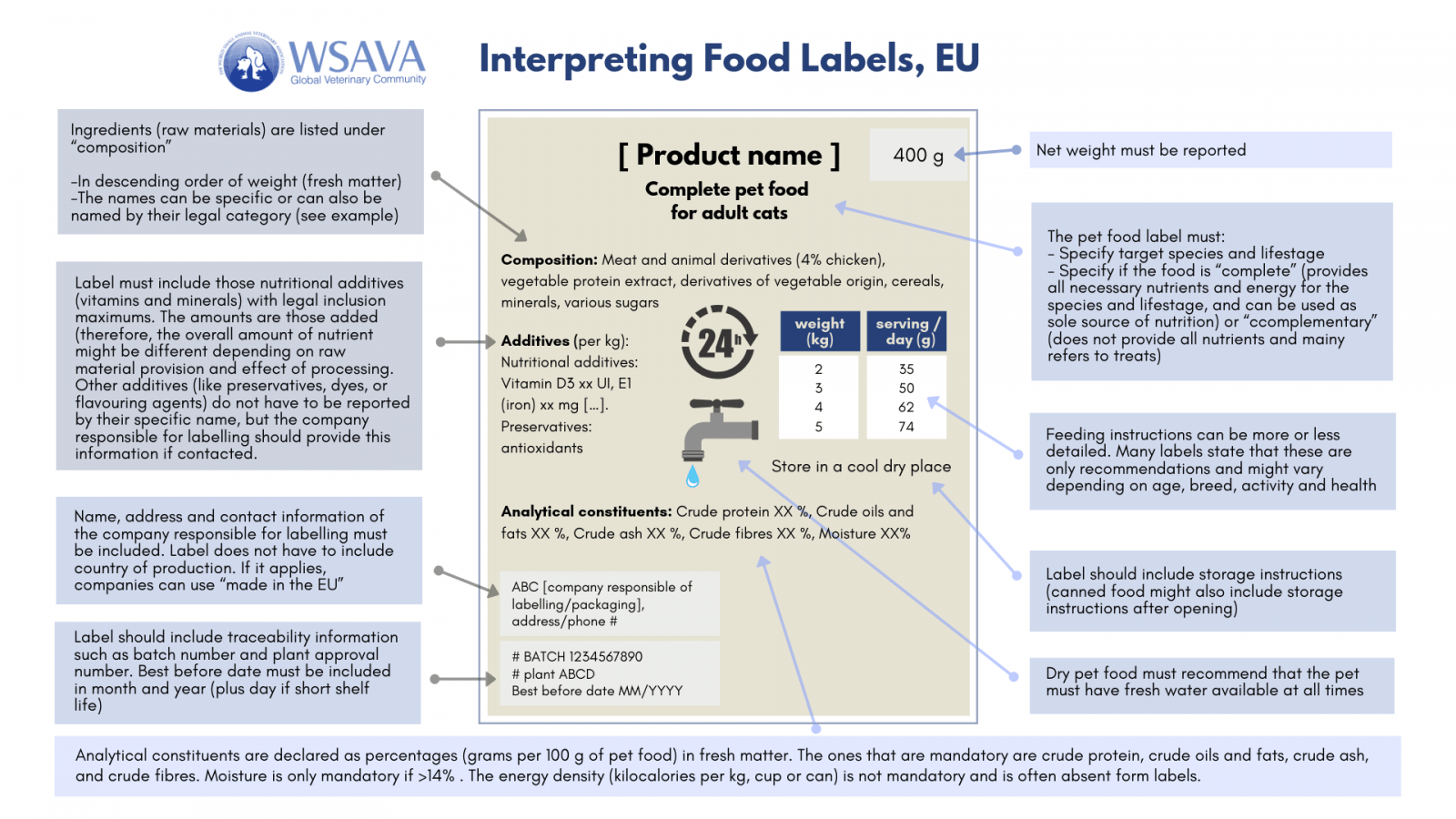
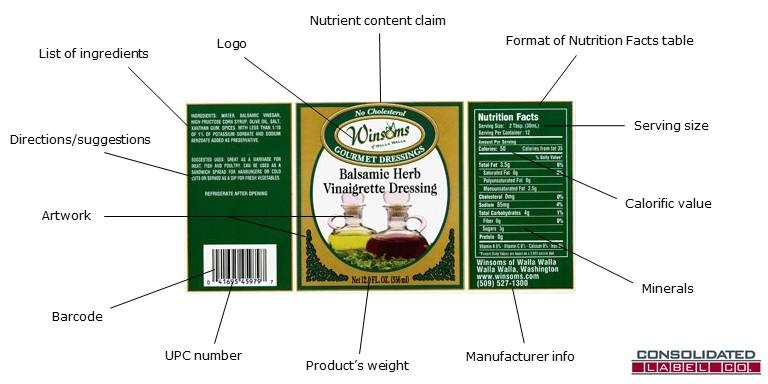

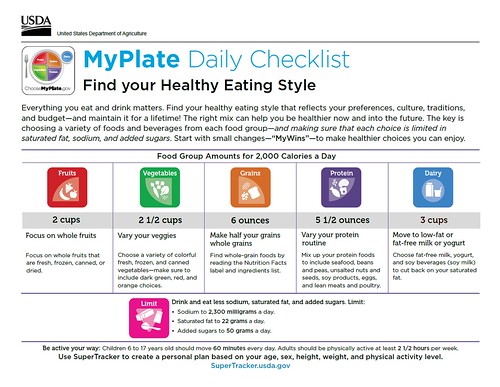
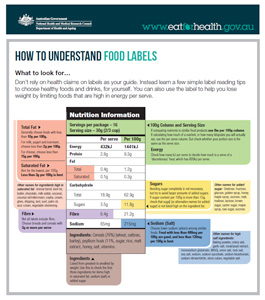

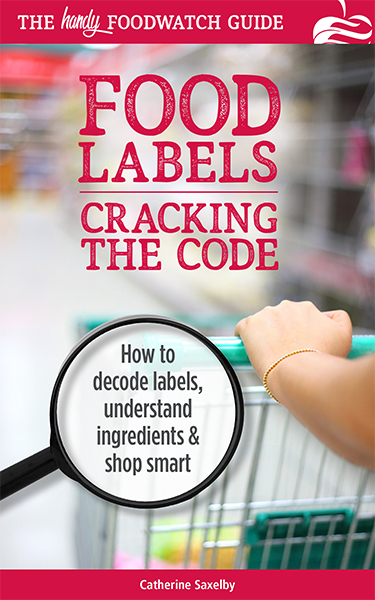

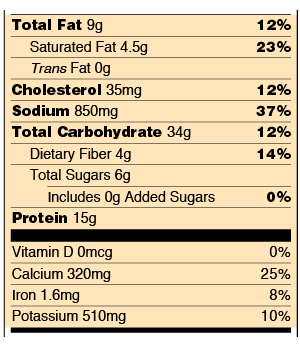
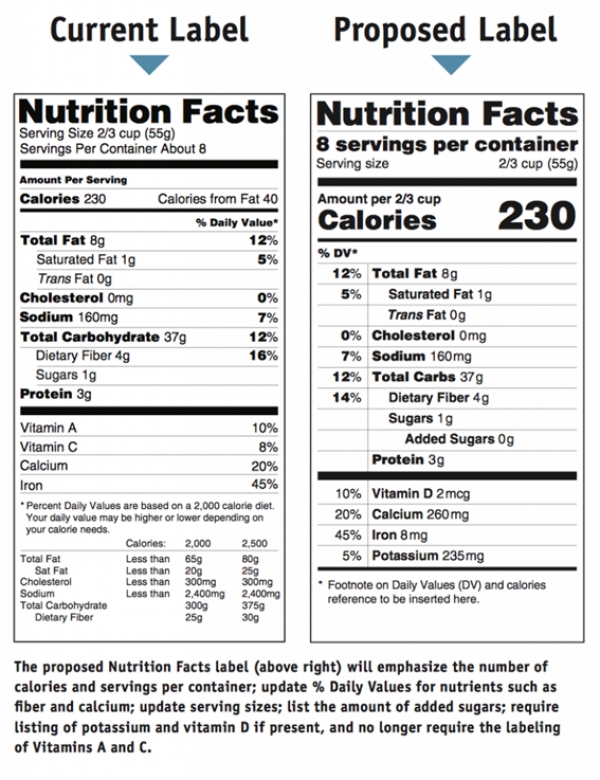



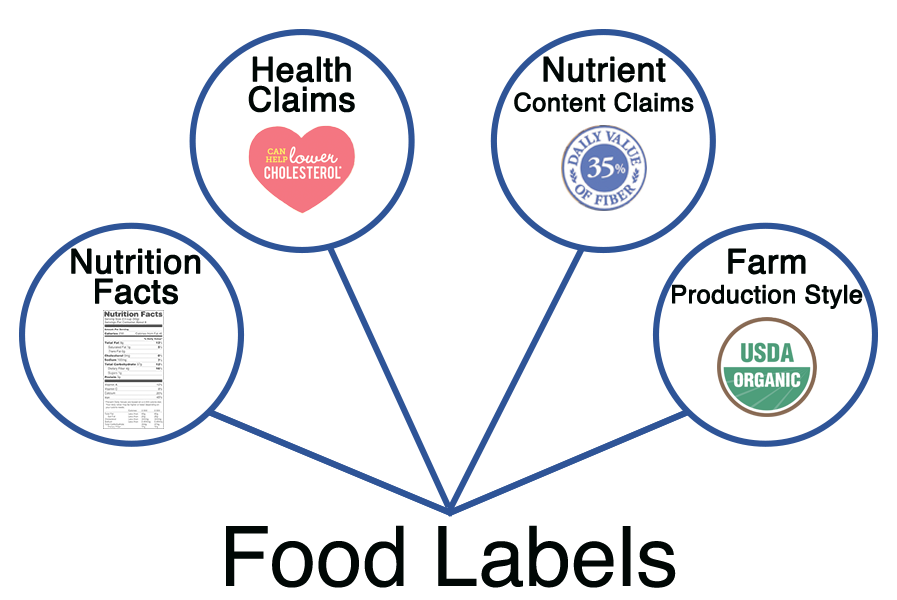




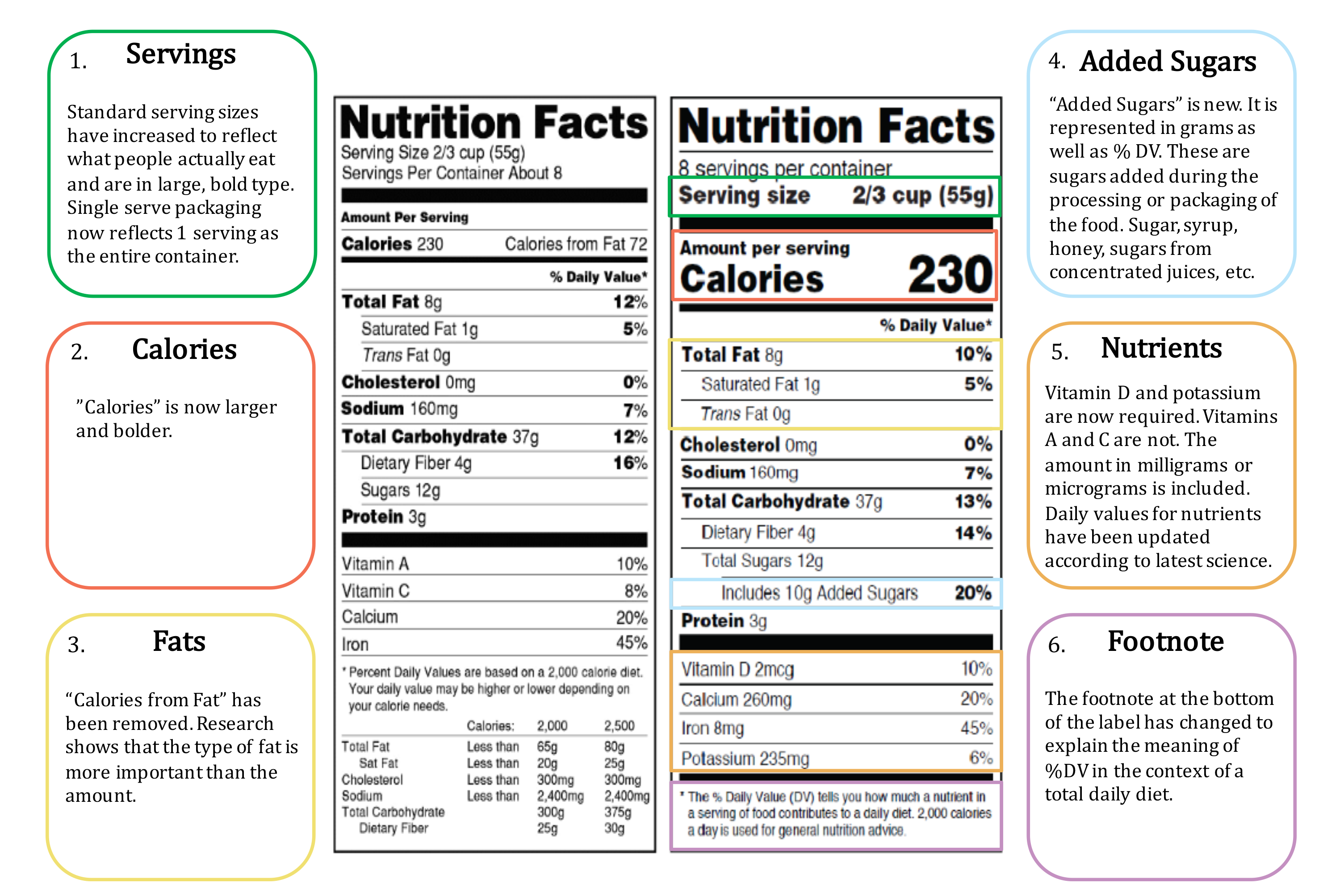

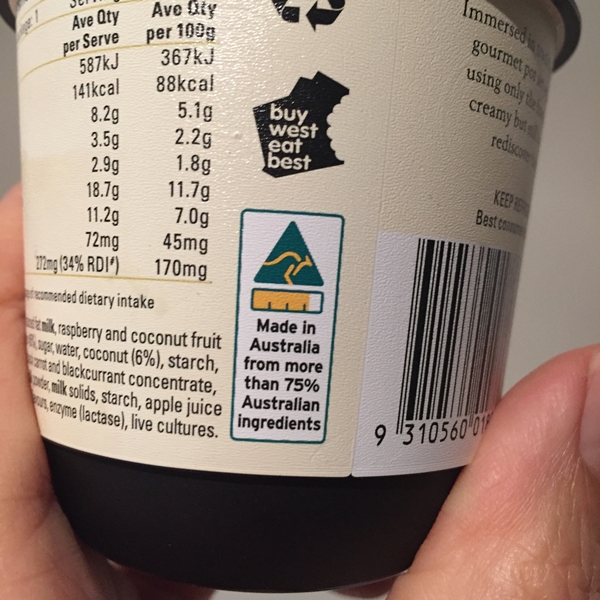

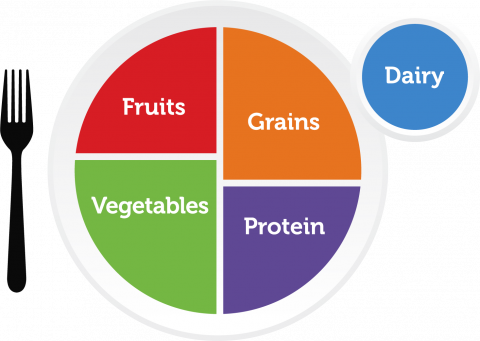


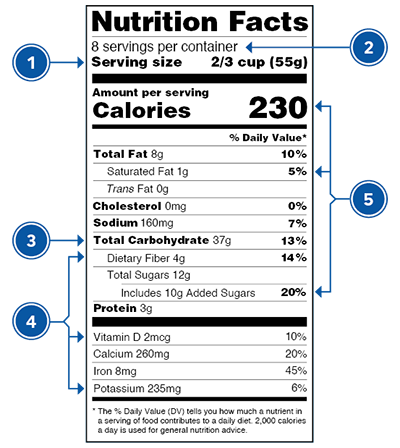


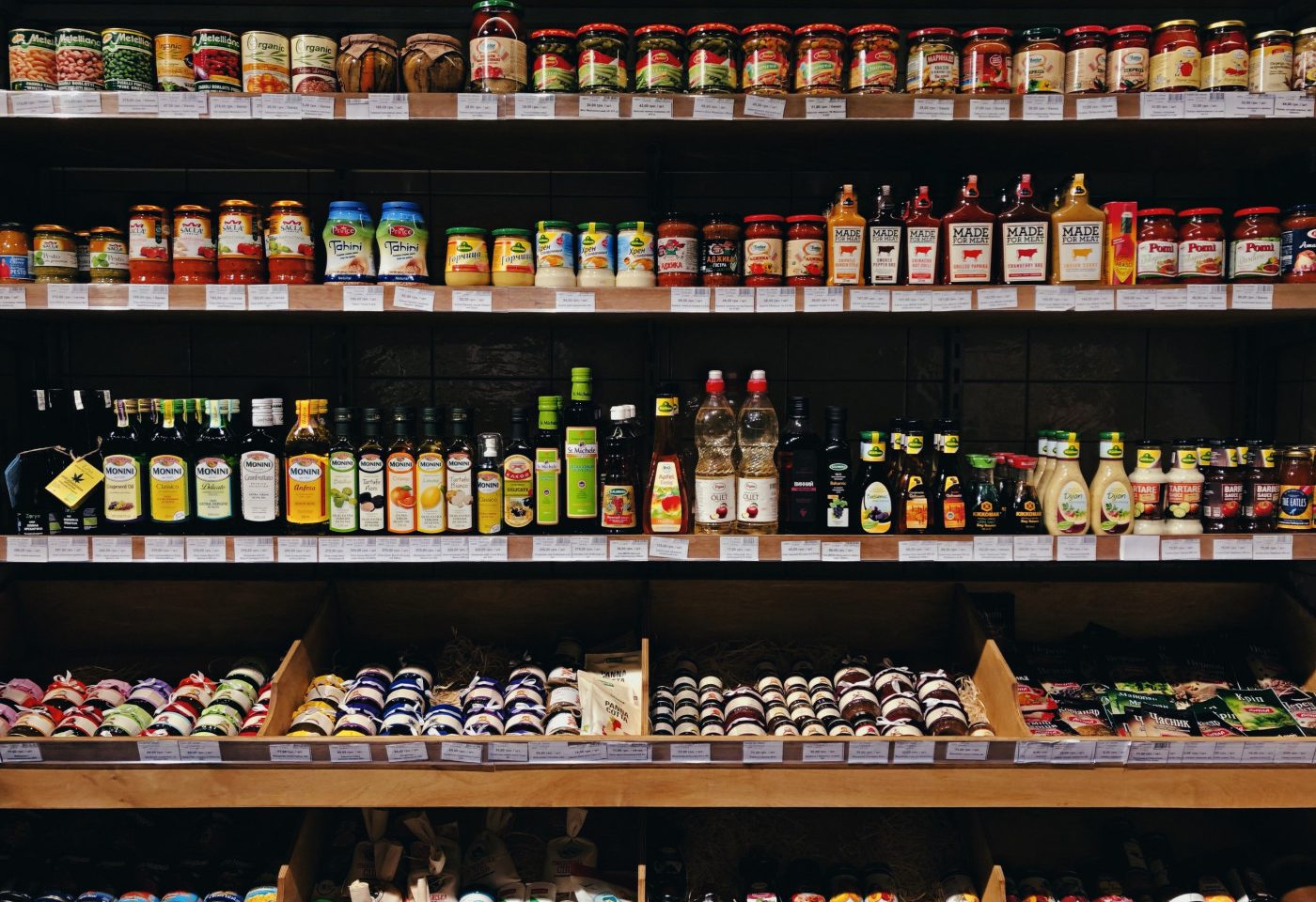
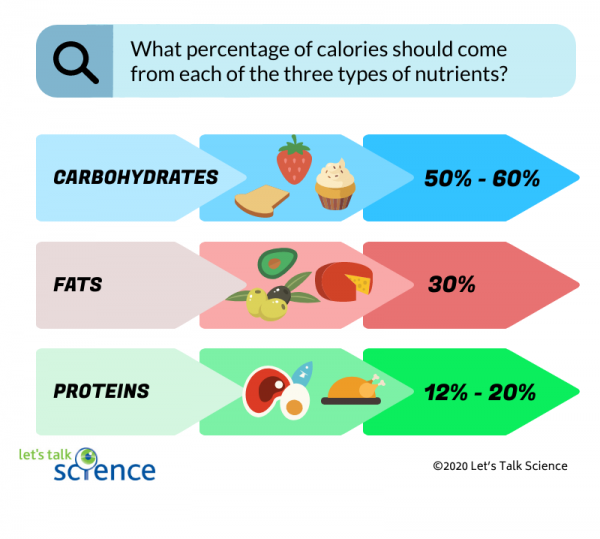

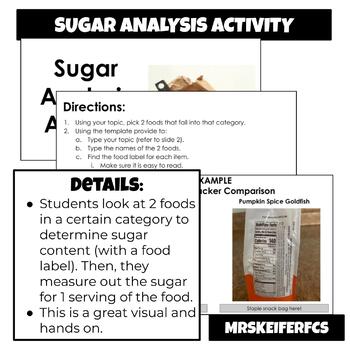
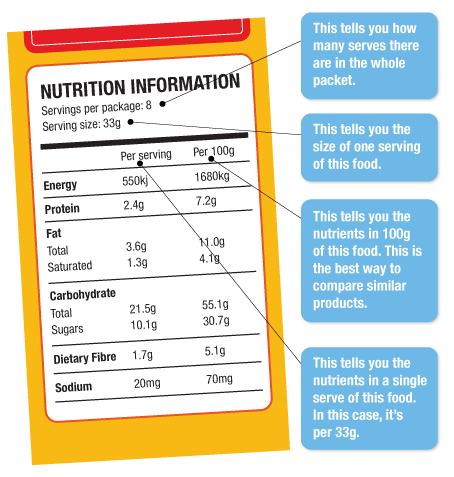
Post a Comment for "43 identify categories of information found on food labels"